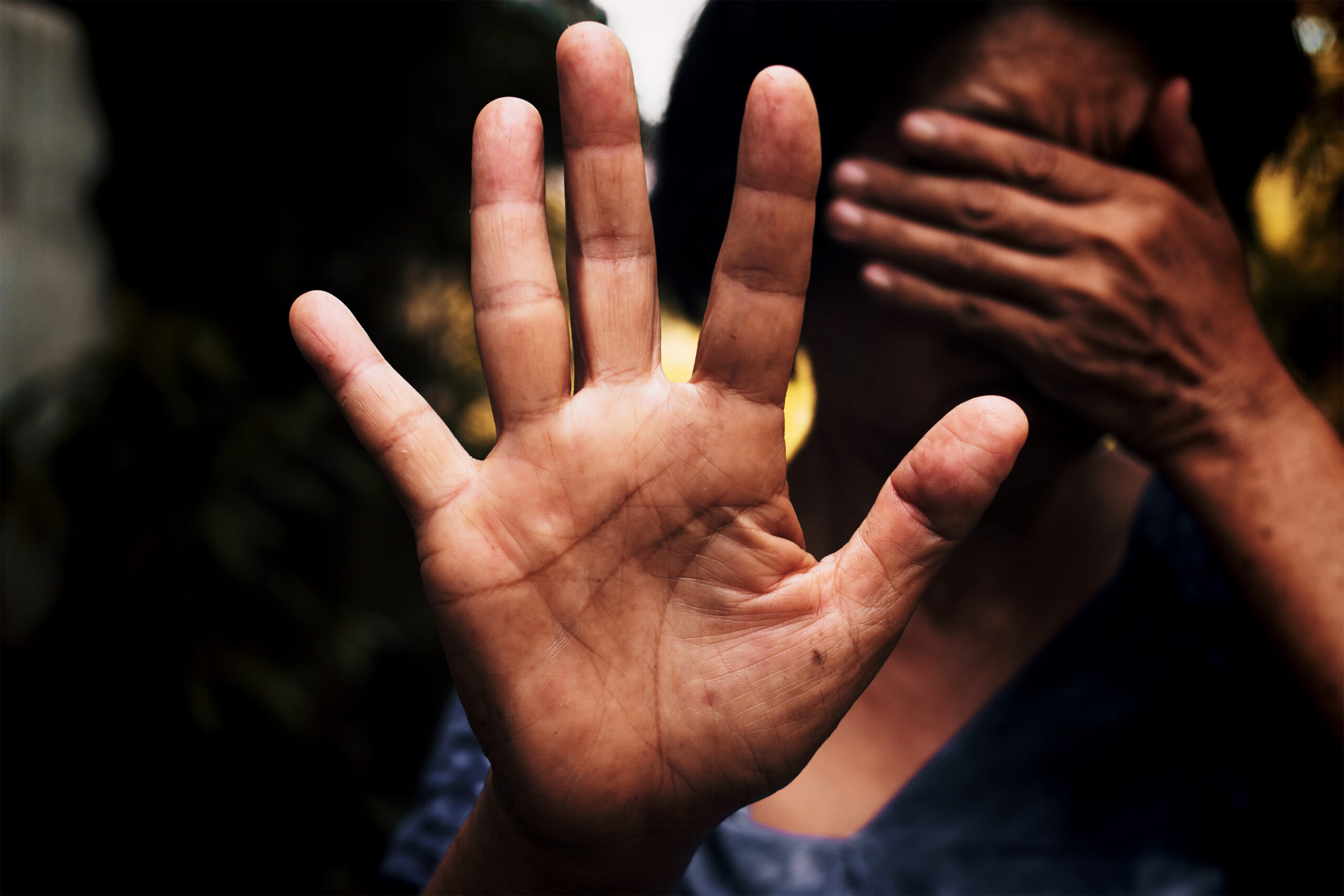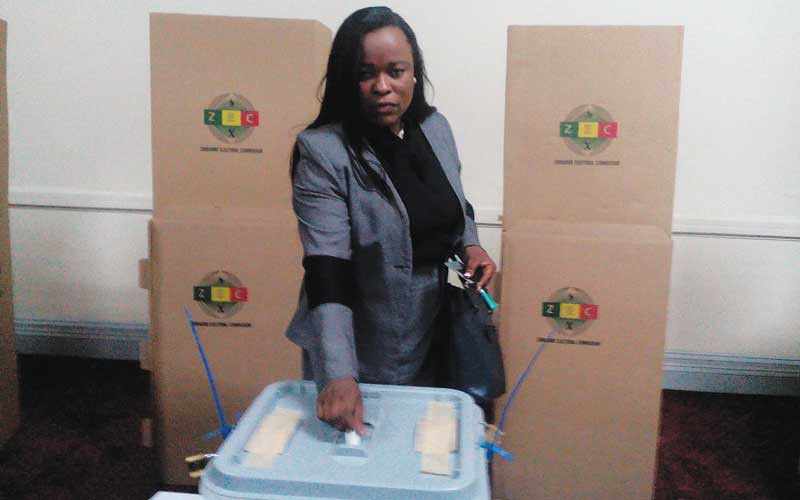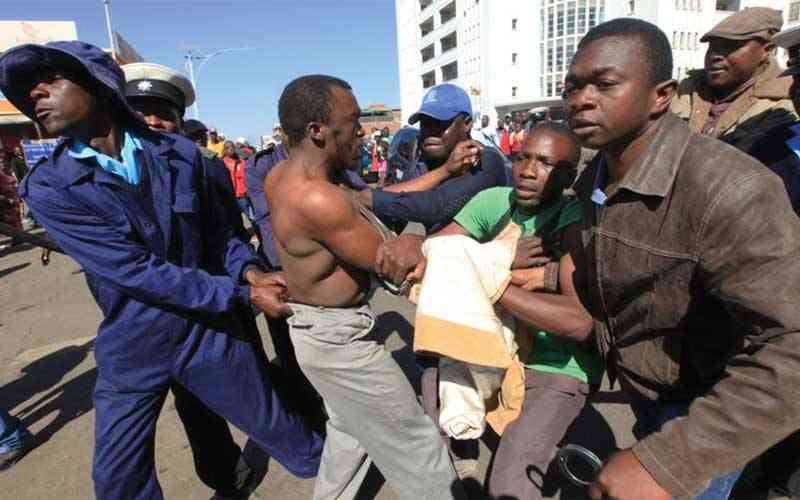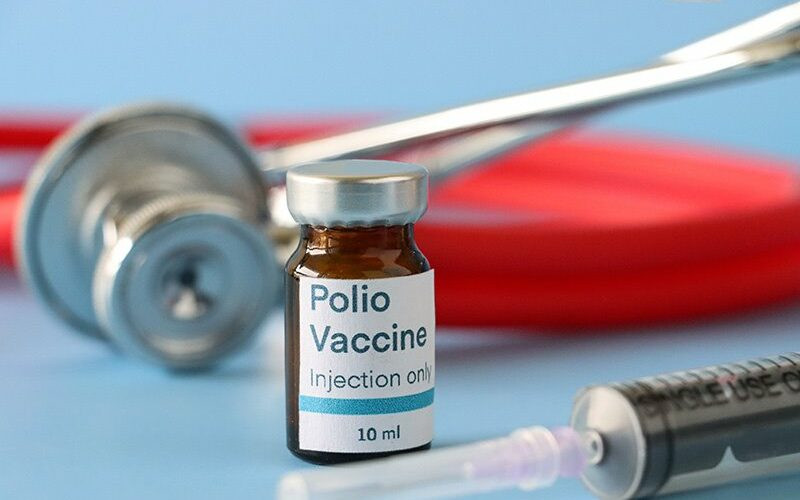
Politically-motivated violence against female politicians must be condemned THE Women’s Academy for Leadership and Political Excellence (Walpe) in partnership with Bustop TV with support from Oxfam Zimbabwe, on July 29, 2022 hosted a television programme with four aspiring women leaders from across Zimbabwe.
The programme, titled Run up to 2023 Elections: The preparedness of communities to handle issues of politically motivated violence against aspiring women leaders, was attended by Alice Masawi from Gwanda, Lordwin Chaibva from Masvingo, Alice Chatyoka from Hopley and Agatha Mujati from Chitungwiza.
The television programme provided a platform for women to share some of their lived experiences and those that they have witnessed in their respective communities, as the country moves closer to the 2023 elections.
Participants in the television programme highlighted that cases of politically-motivated violence against aspiring women leaders were on the rise and they were negatively affecting the full participation of women in political processes.
One of the cases that was shared is of one woman political activist Moreblessing Ali, who was abducted, killed and had her dismembered body dumped in a shallow well near her home area in Chitungwiza, a dormitory town outside Harare.
The participants indicated that participation of women in political processes should not lead to untimely and gruesome deaths, rape, arbitrary arrests, assault, online violence forced migration as it instils fear in many aspiring women leaders.
At the end of the programme, the aspiring women leaders recommended that government must make policies and laws that protect women from political violence.
There is a need to ensure that all perpetrators of violence are brought to justice. – Walpe
- Chamisa under fire over US$120K donation
- Mavhunga puts DeMbare into Chibuku quarterfinals
- Pension funds bet on Cabora Bassa oilfields
- Councils defy govt fire tender directive
Keep Reading
Zim remains a regional liability ZIMBABWE’S worsening social, political, and economic landscape means more trouble for the southern Africa subregion.
Conditions for the people of Zimbabwe continue to go from bad to worse. Triple digit inflation shows no signs of abating.
Over half of the country lives in poverty. Its corrupt government lurches from disinterest in the population’s pain to rosy projections for growth based on pure fantasy to clumsy interventions like the recent short-lived edict banning banks from lending.
Politically, the merger of the ruling party and senior military leadership has long been complete, and they have become inextricable from the State itself.
But because Zimbabweans, in the form of independent journalists, opposition politicians, and local activists, refuse to give up on their efforts to hold government accountable for its actions, they remain at the mercy of State-sponsored repression and political violence.
In an effort to give the intimidation a veneer of legality, the country’s leaders are now working to dismantle civil society, pursuing draconian legislation aimed at private, voluntary organisations (PVOs) that would, in the words of a network of mostly African human rights defenders, provide government with “unrestricted power to deregister, target, and harass PVOs deemed critical of the government”.
Embracing irony, the same government that sustains itself with illicit transnational cartels justifies its efforts by pretending they are necessary to meet the requirements of the Financial Action Task Force.
The shamelessness is unsurprising, but the PVOs legislation is another important indicator that there will be nothing remotely resembling a level playing field as the 2023 elections draw near.
All of these developments, compounded by the economic and social consequences of COVID-19 lockdowns and global disruptions arising from Russia’s invasion of Ukraine, have left Zimbabwe’s young people vulnerable.
Finding themselves in the midst of grinding poverty and extraordinarily high unemployment rates, they must also contend with the fact that migration in search of opportunity looks riskier than ever as xenophobia gains strength in South Africa, where young people face their own pressures and some leaders aim to boost their popularity by scapegoating immigrants.
Drug abuse among young people has soared, apparently driven by a nihilistic despair, and their government has neither the policy framework, resources, or will to provide adequate addiction and recovery services.
As Zimbabwe’s problems deepen and multiply, its neighbours assume more and more risk. Southern Africa’s trajectory is growing more uncertain.
Visions of a vibrant, well-integrated, and prosperous subregion have to contend not just with the instability in Mozambique and economic malaise of regional giant South Africa, but also with the realities of Zimbabwe, its ongoing downward spiral, and the health and future of its young people, who account for the majority of the country’s population.
There is nothing neighbourly in pretending that all is well in Zimbabwe and inviting more of the same.
Real solidarity with the people of Zimbabwe requires acknowledging the abuses and excesses of its elites, aiding those in desperate need, and finding ways to support those who keep pushing for meaningful change. – Michelle Gavin
WFP committed to ensuring food security
ON July 1, the World Food Programme (WFP) Zimbabwe transitioned its activities into the second-generation country strategic plan (CSP), which runs through 2026.
Through this CSP, among other activities, WFP will contribute to building shock-responsive social protection and food systems, assist vulnerable people to pursue their life and livelihood aspirations, and support government to achieve the Sustainable Development Goals.
WFP joined the government and the United Nations High Commissioner for Refugees in commemorating the World Refugee Day on June 20.
WFP is assisting 11 682 refugees at the Tongogara Refugee Camp through cash-based transfers to meet their immediate food needs.
A national lessons learnt workshop for lean season programming was conducted in collaboration with the government stakeholders and co-operating partners.
This led to crafting a road map to improve on the lean season assistance programme and the Department of Social Services led Food Deficit Mitigation Strategy programme.
Through the Urban Social Assistance and Resilience Building programme, 48 873 people received cash-based transfers to meet their immediate food needs in three urban domains, and 75 000 people in 23 urban domains participated in income-generating activities.
Four hundred youths have been supported with digital life skills for income generation in Harare and Bulawayo.
Activities under the Zambuko Livelihoods Initiative were finalised in June.
The project has been successful in resilience building among vulnerable smallholder farmers in areas prone to climatic shocks and stressors.
Lessons from this successful integration of activities building resilience will be reflected in WFP’s future resilience programming.
The Field Logistics Preparedness Project finalised the refurbishments to a warehouse for the government’s National Disaster Management Agency, the Department of Civil Protection (DCP).
This will enable DCP to have more and appropriate space for storage of relief items and will also allow improved commodity storage and management. – WFP











